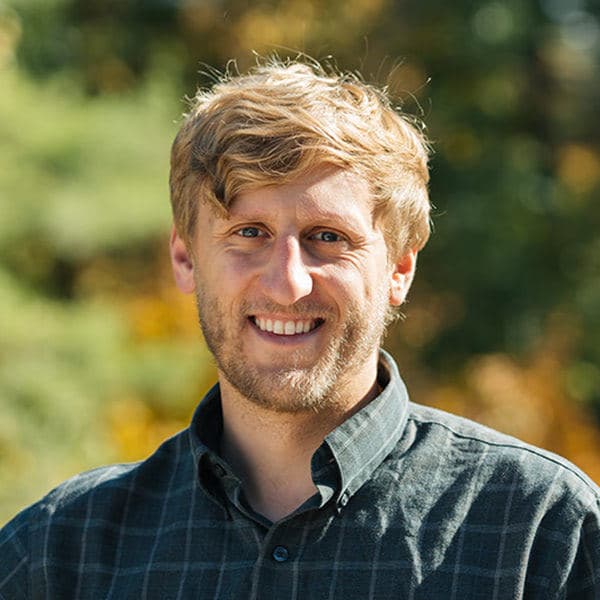- Undergraduate
Bachelor's Degrees
Bachelor of ArtsBachelor of EngineeringDual-Degree ProgramUndergraduate AdmissionsUndergraduate Experience
- Graduate
Graduate Experience
- Research
- Entrepreneurship
- Community
- About
-
Search
All Thayer Events
Jones Seminar: Glacier Sliding Controlled by Subglacial Water Flow
Feb
07
Friday
3:30pm - 4:30pm ET
Spanos Auditorium/Online
Optional ZOOM LINK
Meeting ID: 962 3557 9087
Passcode: 651327
Subglacial hydrology is the science of water motion beneath glaciers and ice sheets. It is important because pressurized water at the subglacial interface modulates glacier velocity. Subglacial water can lubricate frictional contacts and contribute to the rapid acceleration of glaciers and ice sheets. For the fast-flowing glaciers that could lead to catastrophic sea-level rise in the coming century, nearly all of their speed comes from slip at the base, where ice meets bedrock and unconsolidated sediments. Fast glacier slip also produces water by friction, which allows for a positive feedback. State-of-the-art large-scale ice sheet models that make the projections for sea-level rise often treat the friction at the subglacial interface as fixed in time and do not include subglacial hydrology, leading to considerable uncertainty in these projections. While we have a general understanding of subglacial hydrology, there are numerous open questions, physical processes that are not yet understood, and barriers to implementing subglacial hydrology in large-scale ice sheet models.
Here we will describe the fluid physics of the subglacial system, we will talk about the time evolution of subglacial channels, and discuss the ways that we could possibly intervene in the subglacial system as a method to slow down glaciers. By developing a better understanding of the water pressure variation at the base of glaciers, we can better inform how quickly they slide into the ocean causing sea-level rise.
Hosted by Professor Benoit Cushman-Roisin.
About the Speaker(s)
Colin Meyer
Assistant Professor of Engineering, Dartmouth

Colin is an applied mathematician who studies how glaciers and ice sheets respond to changes in climate. His research interests include fluid dynamics, snow and ice mechanics, and icy satellites. Prior to joining Dartmouth, he was a postdoctoral scholar at the University of Oregon. He earned a BS in civil and environmental engineering from the University of California, Berkeley, a Master of Advanced Study for Part III of the Mathematical Tripos from the University of Cambridge, and a PhD in applied mathematics from Harvard University.
Contact
For more information, contact Ashley Parker at ashley.l.parker@dartmouth.edu.
